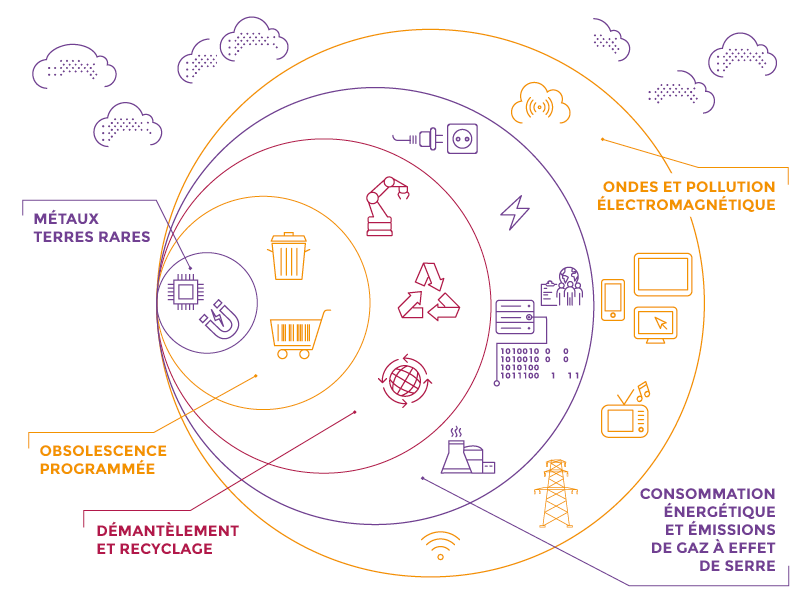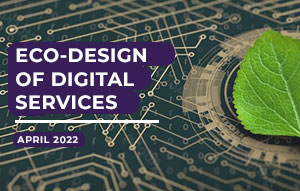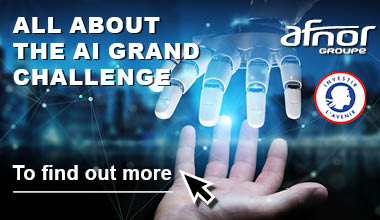
Building a responsible digital approach
The question of digital trust is not just one of security. Digital technology will also inspire confidence if it is environmentally friendly and respects men and women. Or, l’impact environnemental du numérique est énorme, avec d’importantes pollutions et travers cachés : pour les terminaux, recours à des métaux et terres rares mal répartis sur le globe et polluants à extraire puis raffiner, obsolescence programmée, démantèlement et recyclage compliqués des équipements en fin de vie, importante consommation énergétique des datacenters et émissions de gaz à effet de serre associées, rayonnement électromagnétique des technologies sans fil, etc.

 This questioning has given rise to responsible digital. The AFNOR Group’s solutions can help you meet these challenges, or at least put you in a position to limit your impact at source. For service providers, we recommend starting by listing all the points to be addressed, as listed in the AFNOR SPEC guide “Ecodesign of digital services” published in 2022. It lists ecodesign best practices throughout the service lifecycle: expression, definition and prioritization of needs, design, implementation, use and operation, maintenance and decommissioning.
This questioning has given rise to responsible digital. The AFNOR Group’s solutions can help you meet these challenges, or at least put you in a position to limit your impact at source. For service providers, we recommend starting by listing all the points to be addressed, as listed in the AFNOR SPEC guide “Ecodesign of digital services” published in 2022. It lists ecodesign best practices throughout the service lifecycle: expression, definition and prioritization of needs, design, implementation, use and operation, maintenance and decommissioning.
For information on digital accessibility for all, you can also consult the AFNOR guide ” Inclusion numérique : guide de bonnes pratiques pour une adaptation sur-mesure “.
Promoting your responsible digital approach
Are you a digital service operator, equipment manufacturer or data host? Your customers are also sensitive to the fact that you make an effort on the environmental impact of your products or services, over and above their technical performance.
This ecological “plus” sometimes makes all the difference when responding to a call for tenders! AFNOR Certification offers a range of signs of recognition, awarded after an audit, proving that your approach complies with the best practices recommended either in a voluntary standard or in ad hoc reference frameworks:
- AFAQ ISO 14001: environmental management system
- AFAQ ISO 50001: energy management systems, e.g. EDF data centers
- AFAQ Ecoconception, such as operator Telehouse
- Verified “Robust, repairable, recyclable” (V3R)

